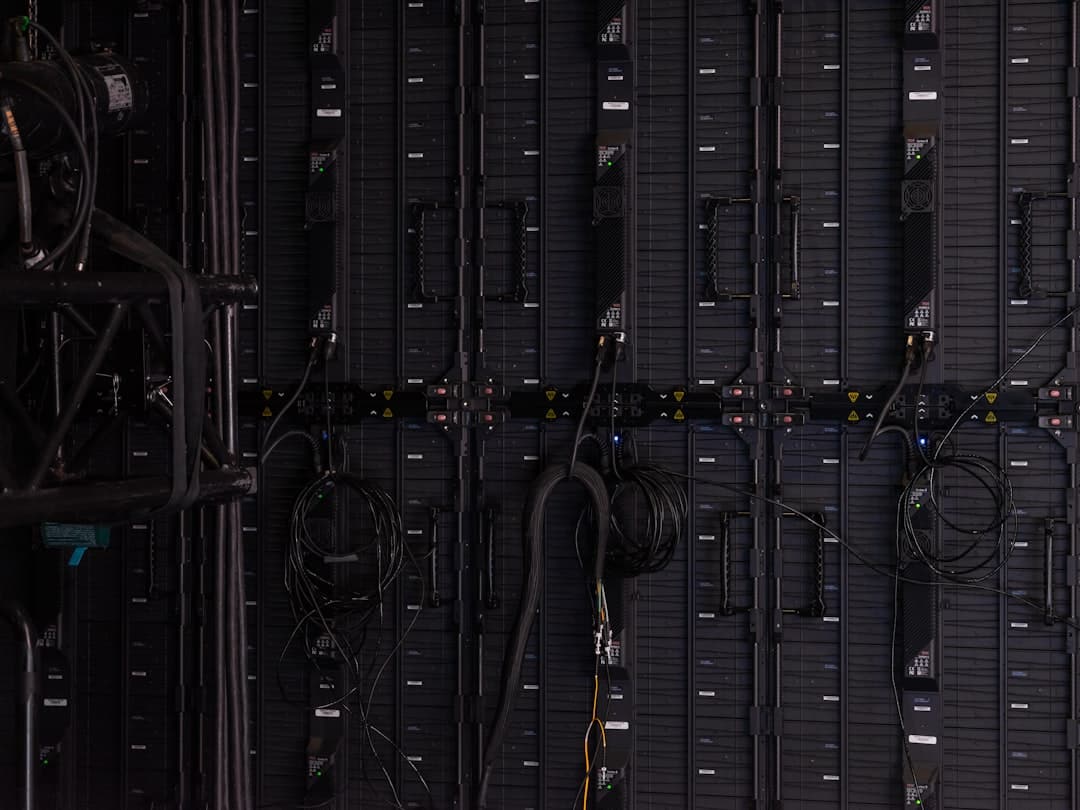
How does data center hosting impact network connectivity?
In our increasingly digital world, fast and reliable connectivity is more than just a convenience—it’s a necessity. The backbone of the internet and cloud services lies in the powerful infrastructure of data centers. But how exactly does data center hosting affect network connectivity? The impact goes far beyond just having a place to store data. From reducing latency to ensuring seamless content delivery, data centers play a direct role in how swiftly and reliably information travels between users and applications.
At its core, a data center is a facility that houses computer systems and associated components, such as telecommunications and storage systems. High-quality hosting in these centers enhances connectivity in several meaningful ways. Let’s dive into what makes it so crucial.
1. Proximity Reduces Latency
Latency is the time it takes for data to travel from the source to the destination. Hosting your applications closer to the end-users—geographically—is key to minimizing this time. This is where strategically located data centers come in. The closer a data center is to your customer base, the better the performance due to reduced lag.
Consider content streaming services. A user in New York accessing a video stored in a data center in California will experience a slight delay compared to accessing the same content from a data center in New Jersey.

2. Redundancy and Resilience
Data centers are designed with multiple layers of redundancy in network connections. This includes:
- Multiple Internet Service Providers (ISPs)
- Dual fiber connections
- Backup power systems
This level of infrastructure ensures that even if one system fails, another can take over instantly—keeping the network stable and minimizing downtime. This is particularly important for businesses that require mission-critical services to be online 24/7.
3. Faster Content Delivery with CDNs
Many modern data centers integrate with Content Delivery Networks (CDNs), which store cached versions of content at multiple geographical locations. By hosting in a data center that supports CDN services, you ensure that your content is delivered from the node closest to the end-user, dramatically improving the speed of data transmission.

4. Superior Bandwidth and Traffic Handling
Another key advantage of data center hosting is the availability of high-bandwidth connections. These facilities are directly connected to internet backbones and offer much larger capacity than traditional enterprise IT infrastructure. This means your applications can handle:
- High volumes of simultaneous users
- Large data transfers and downloads
- Streaming and real-time communications without choke points
Such capabilities are nearly impossible to match with self-hosted systems or basic cloud services.
5. Edge Computing Enhancements
Edge computing is a new frontier in network performance. By processing data closer to where it’s generated, latency and bandwidth usage are greatly reduced. Modern data centers are increasingly incorporating edge computing nodes, turning traditional hosting into intelligent, localized computing environments. This boosts performance for real-time applications like autonomous vehicles or industrial IoT systems.
6. Security and Regulatory Benefits
In addition to technical capabilities, data center hosting also ensures regulatory compliance and network security. By offering features such as:
- Encrypted data transmission
- Secure VPN access
- DDoS protection and firewalls
data centers not only keep your data safe, but also protect the overall network infrastructure from attacks that could degrade connectivity or disrupt services.
7. Scalability Improves Network Efficiency
As businesses grow, their network demands increase. Scaling your infrastructure within a data center is much simpler and more efficient than doing it in-house. With a virtually limitless supply of computing resources, businesses can scale up or down based on usage trends, maintaining optimal performance without overpaying for unused capacity.
In conclusion, data center hosting isn’t just about storage or uptime—it’s about enabling faster, more reliable, and more secure connections at scale. By housing critical applications in well-designed data centers, businesses can dramatically improve network performance, boost customer satisfaction, and future-proof their IT infrastructure.
As technology continues to evolve, the role of data centers will only become more central in delivering the seamless, real-time connectivity users now expect as standard. Whether you’re a small startup or a multinational corporation, investing in robust data center hosting is not just smart—it’s essential.